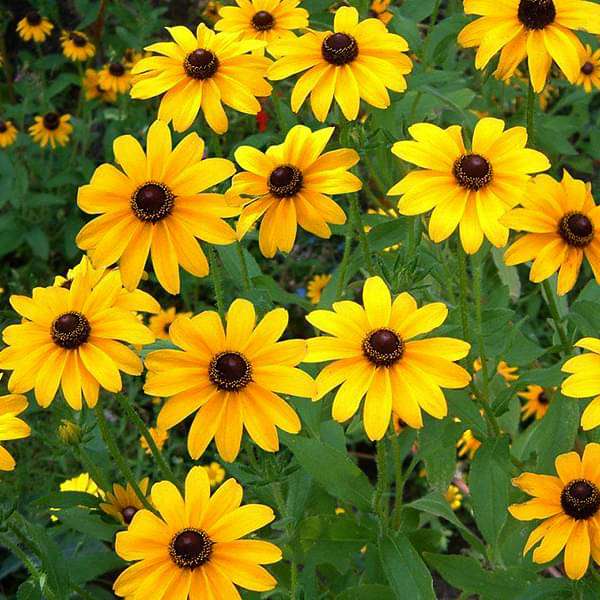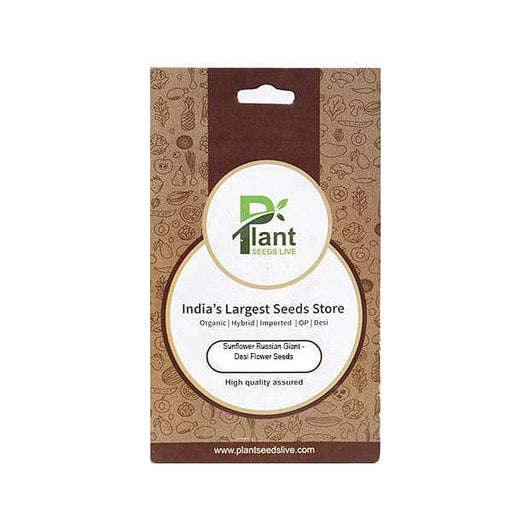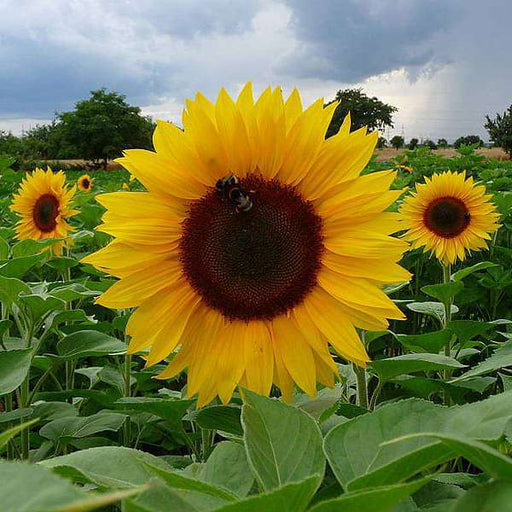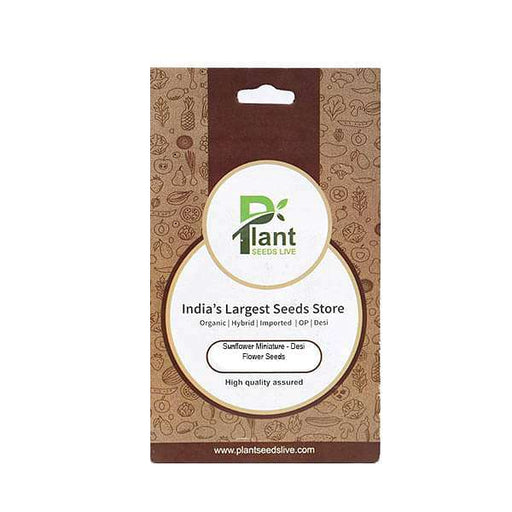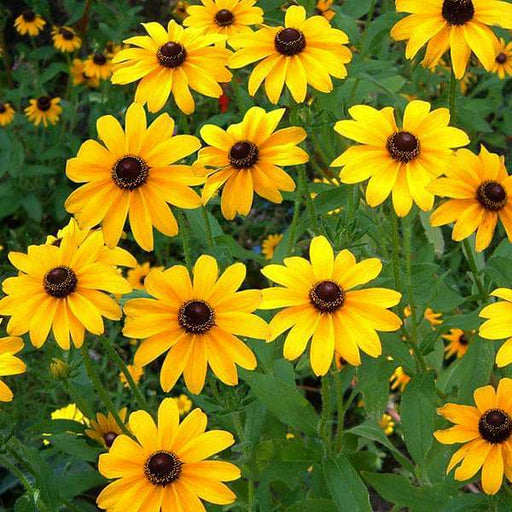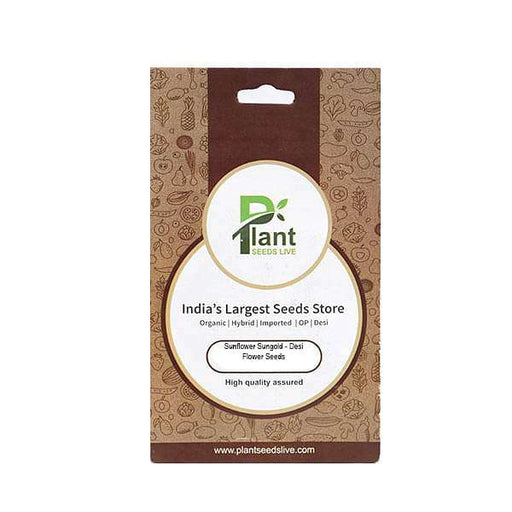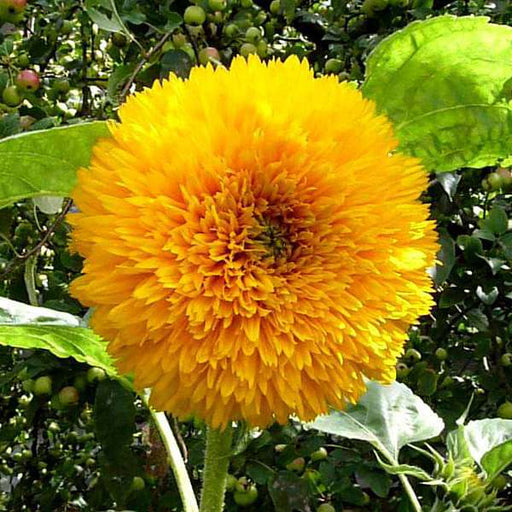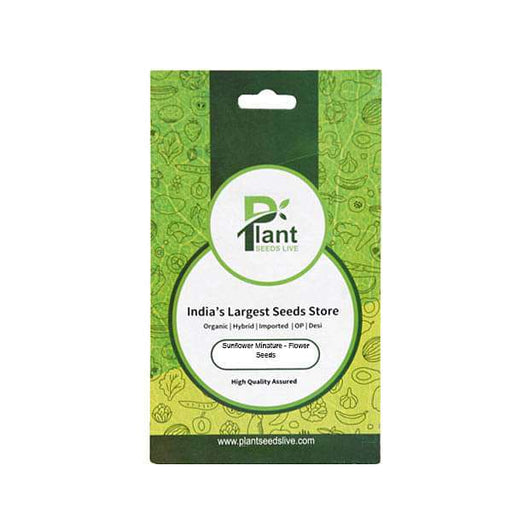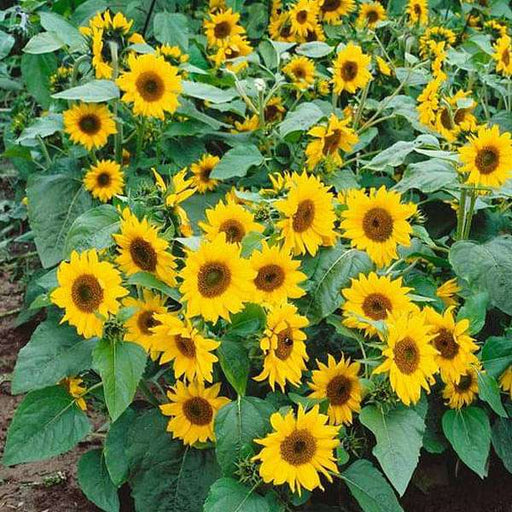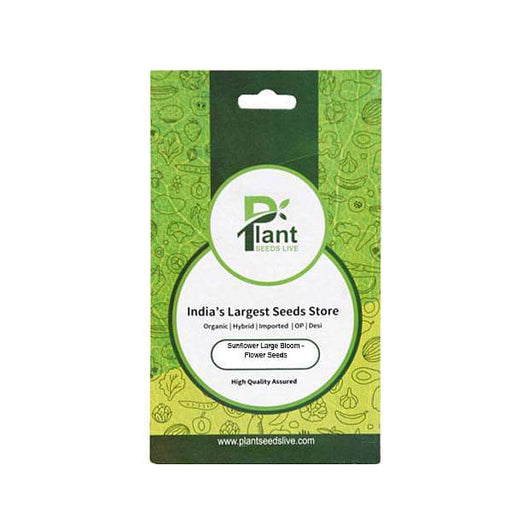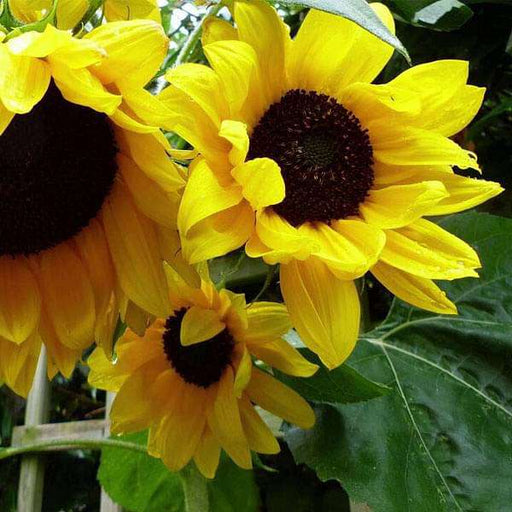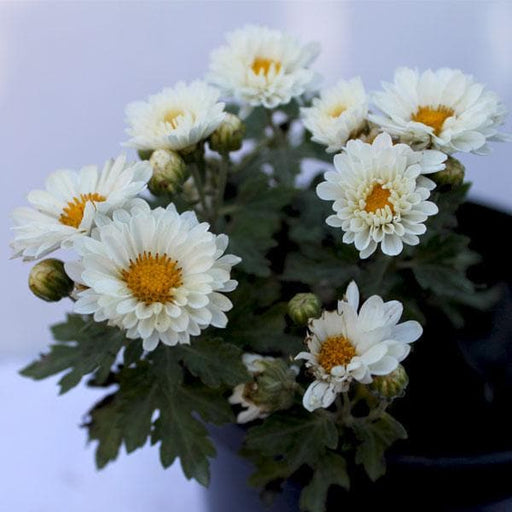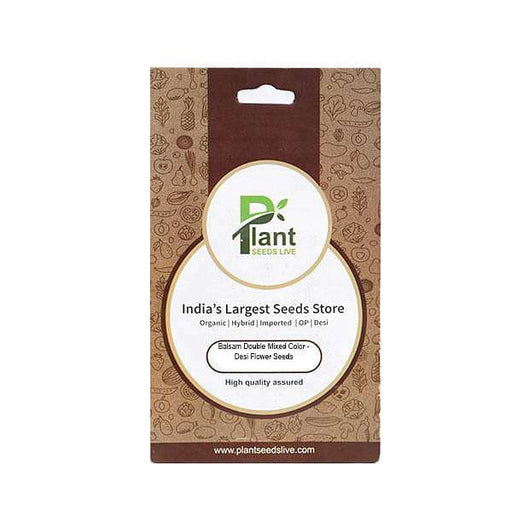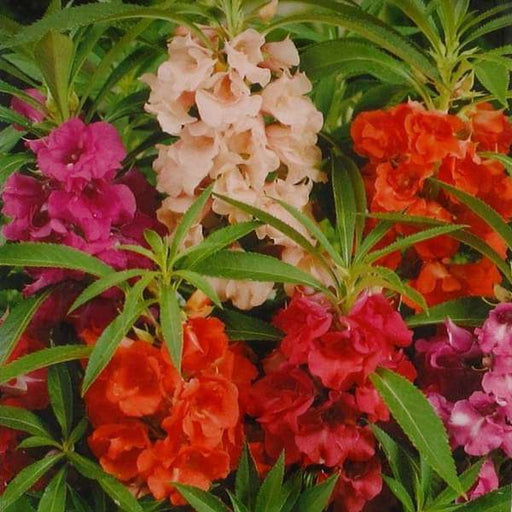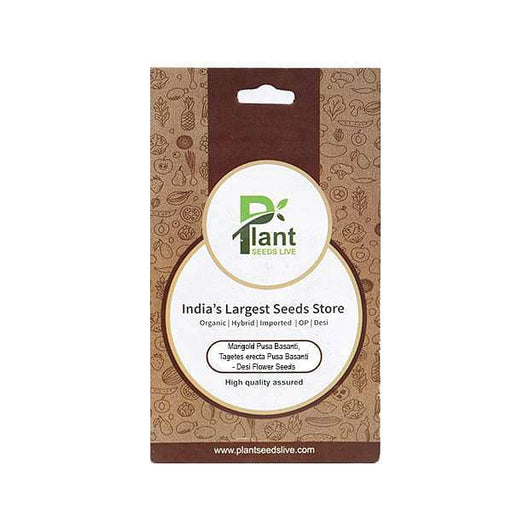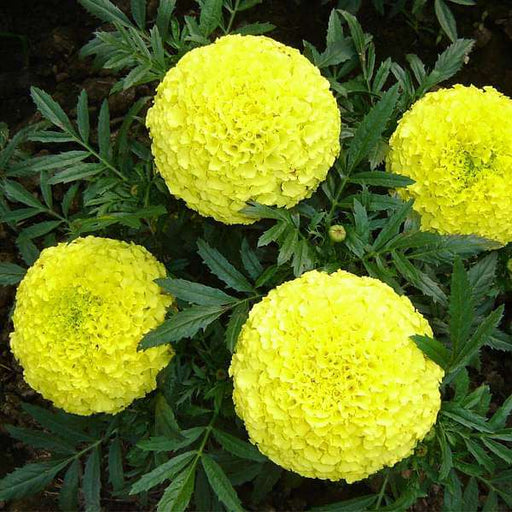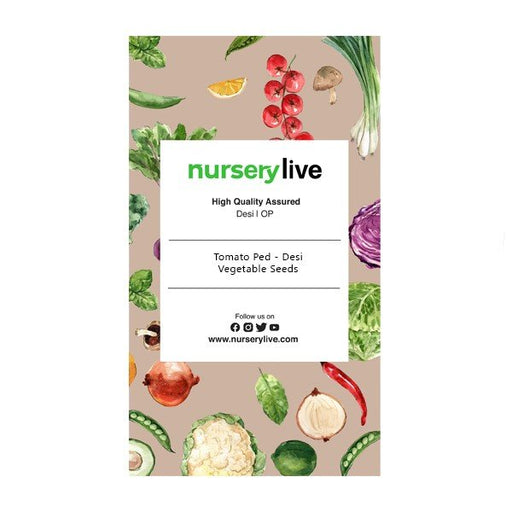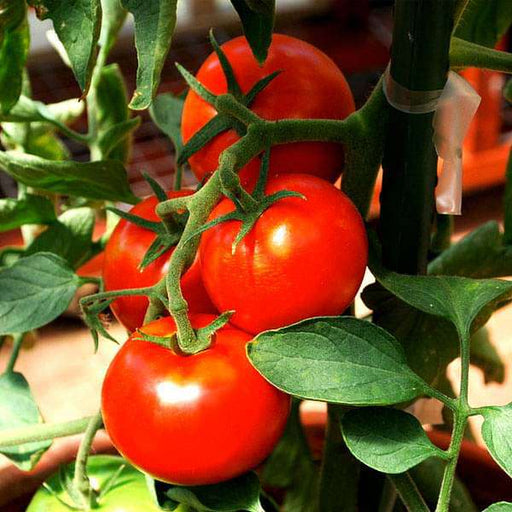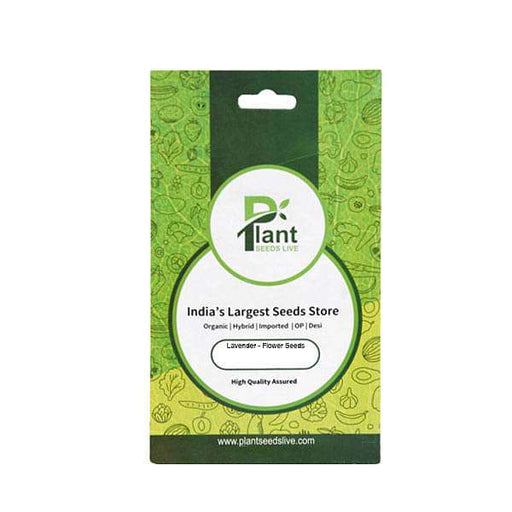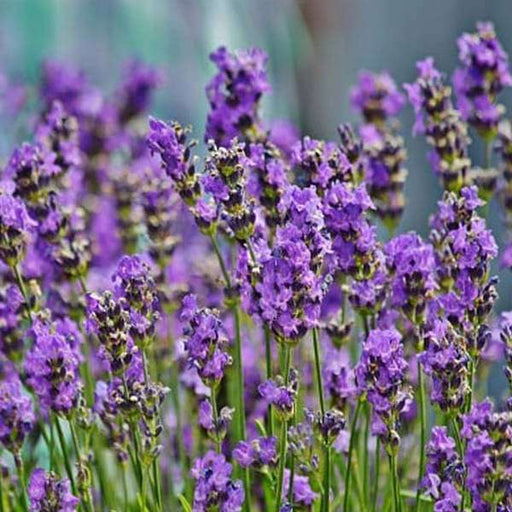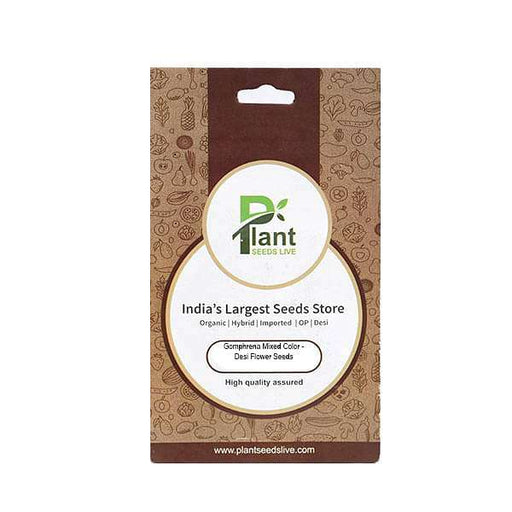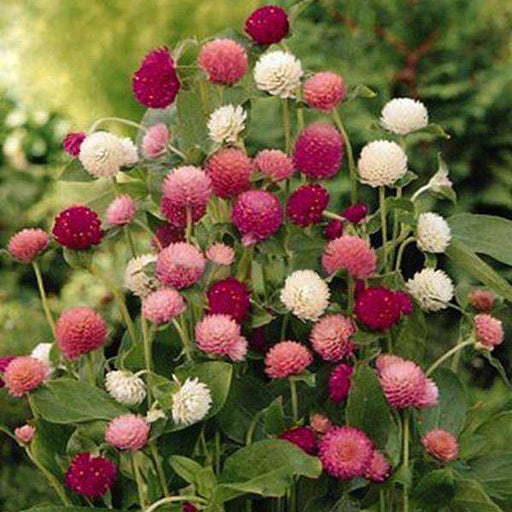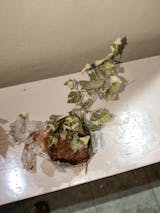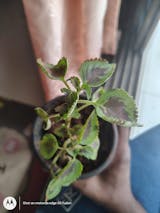Sunflower seed varieties
Sunshine in a seed! From giant to dwarf, and every size in between, sunflower seeds offer a glorious selection for any garden enthusiast. Time to soak up the rays!
Planting sunflower seeds
Simple as sowing! Scatter your sunflower seeds with care, and before you know it, your garden will be basking in the glow of these cheerful, sunny flowers.
Sunflower seed germination
Sprouting sunshine. Give your sunflower seeds 7-10 days, and they'll transform into tiny sprouts eager to grow into towering, radiant blooms.
Sunflower seedling care
Pampering pays off. With a little love, sunlight, and water, your sunflower seedlings will stretch towards the sky, reaching their full, sunny potential.
Growing sunflowers from seeds
Here comes the sun! Nurture your sunflower seeds with patience and care, and you'll be rewarded with an awe-inspiring garden of sunshine on a stem.
Sunflower seed colors
A sunburst of hues! Sunflower seeds bloom into radiant flowers in shades of yellow, orange, red, and even chocolate, creating a vibrant garden color palette.
Saving sunflower seeds
The gift that keeps on giving. Harvest seeds from your favorite sunflowers to ensure an endless supply of these sunny beauties for seasons to come.
Sunflower seed packets
Pocketful of sunshine. With a variety of seeds available in handy packets, you'll be sowing smiles and sunshine in no time.
Heirloom sunflower seeds
Vintage vibes. Heirloom sunflower seeds offer a charming connection to the past, with unique varieties that have brightened gardens for generations.
Dwarf sunflower seeds
Small but sunny! These petite powerhouses pack a punch of color, making them perfect for containers, borders, and small spaces.
Giant sunflower seeds
Go big and bold! For gardeners who believe bigger is better, giant sunflower seeds will produce jaw-dropping blooms sure to impress.
Sunflower seeds for birds
Feathered friends rejoice! Sunflowers are a favorite among birds, so plant these seeds for a garden that's truly for the birds.
Sunflower seed mixes
A medley of sunshine. Sunflower seed mixes offer a delightful assortment of varieties and colors, ensuring your garden stays fresh and fabulous.
Organic sunflower seeds
Earth-friendly blooms. By choosing organic sunflower seeds, you're supporting sustainable agriculture and enjoying beautiful flowers, too. It's a win-win!
Sunflower seeds for cutting gardens
Snip, snip, hooray! Sunflowers make superb cut flowers, and planting a cutting garden ensures a steady supply of these fresh and fabulous blooms.
Sunflower seed sowing tips
Wisdom for the ages. Follow tried-and-true advice for sowing sunflower seeds, and you'll be rewarded with a garden that's the envy of the neighborhood.
Sunflower seed storage
Save some sunshine for later. Properly storing your sunflower seeds ensures a bountiful harvest of beautiful blooms for years to come.
Sunflower seed suppliers
Gardeners' best friends. Trustworthy sunflower seed suppliers ensure you're getting the best seeds for your money, setting the stage for an extraordinary garden.
Sunflower seeds for pollinators
Bees, butterflies, and blooms, oh my! By planting sunflower seeds, you're providing essential nectar for bees and other pollinators, supporting a healthy ecosystem.
Sunflower seed history
A sunny stroll down memory lane. Unravel the fascinating history of sunflower seeds and discover how these radiant flowers have captured the hearts of gardeners.

